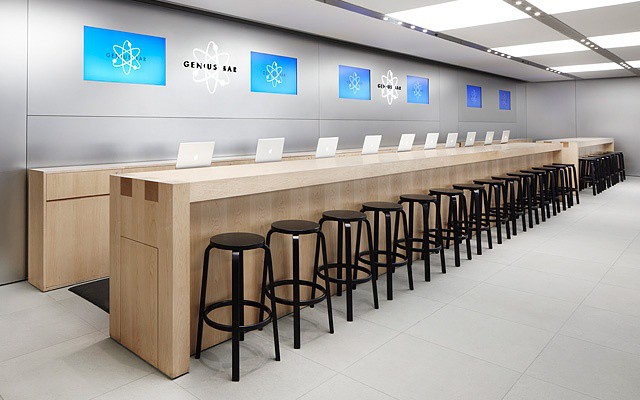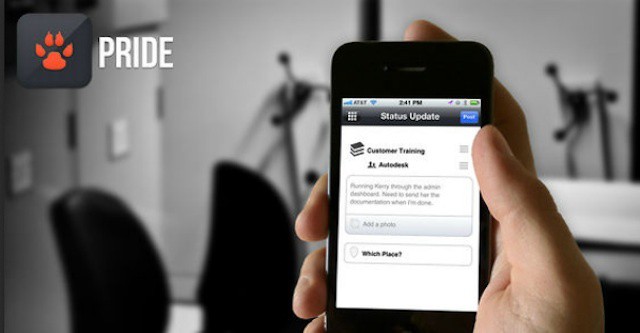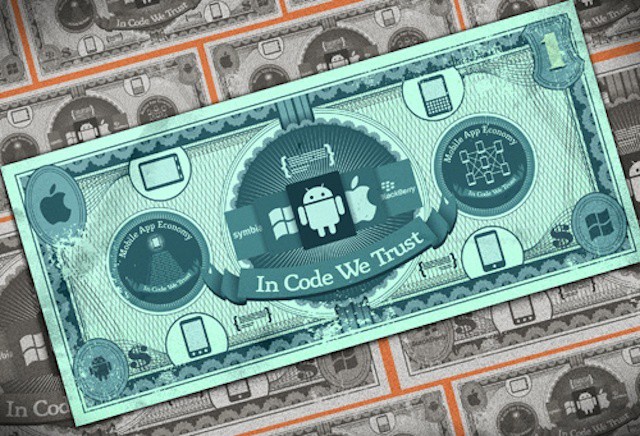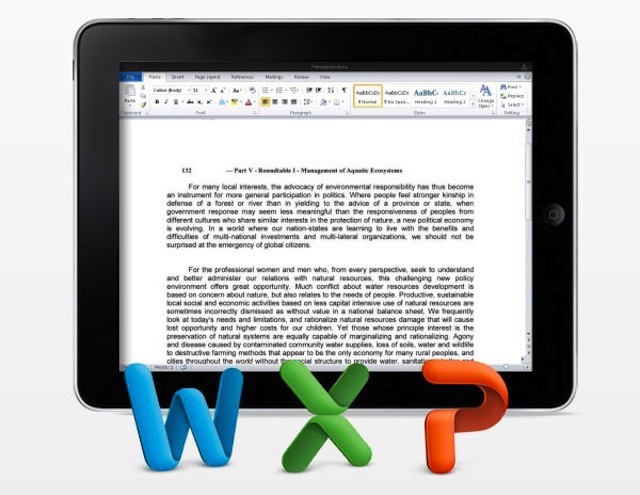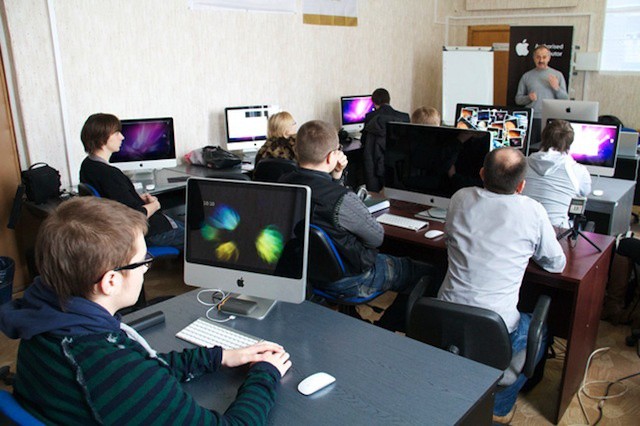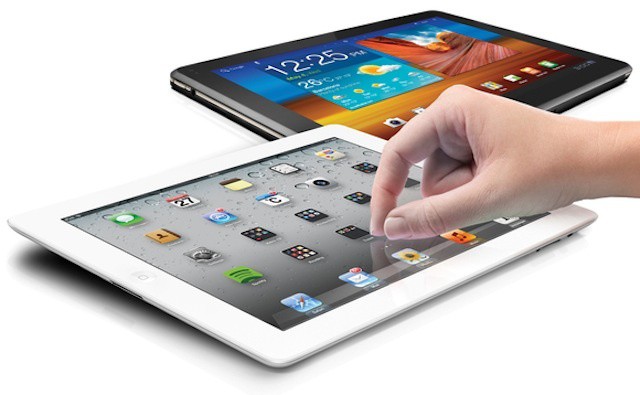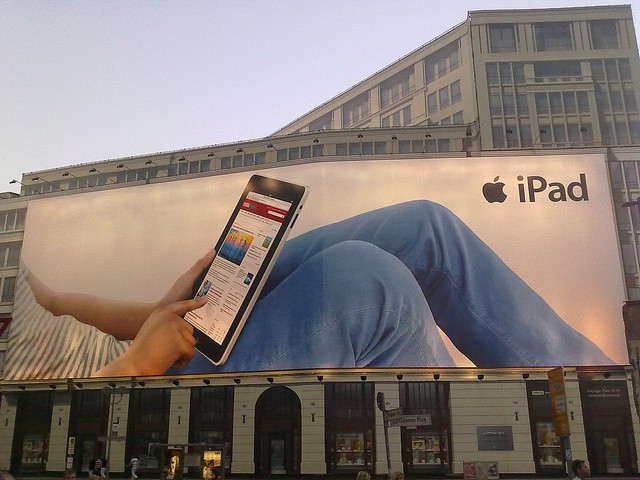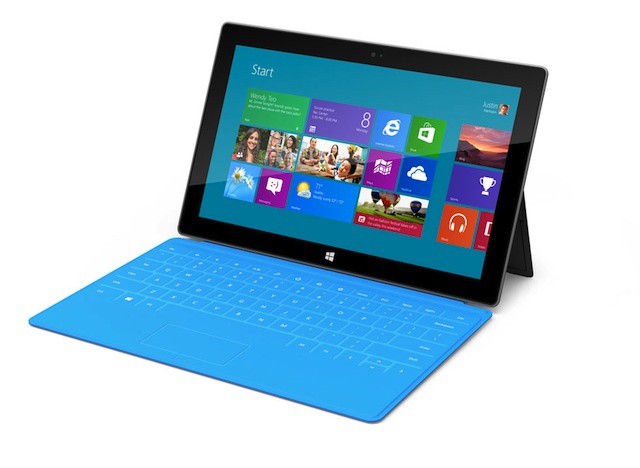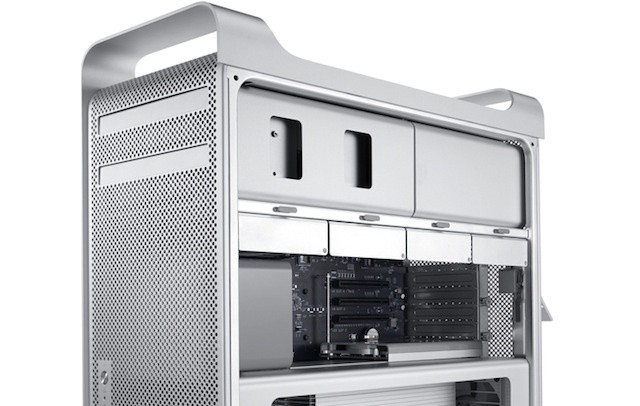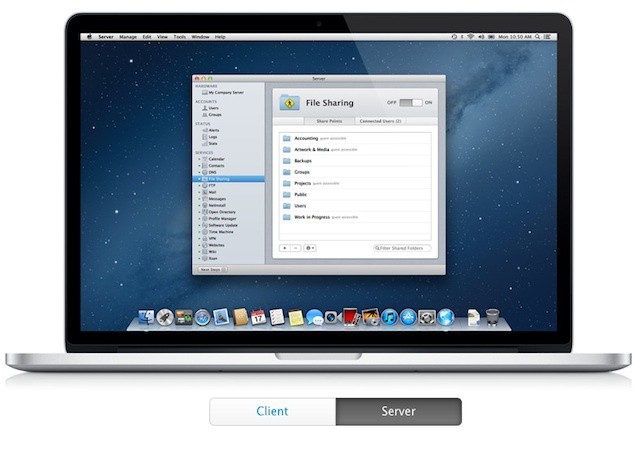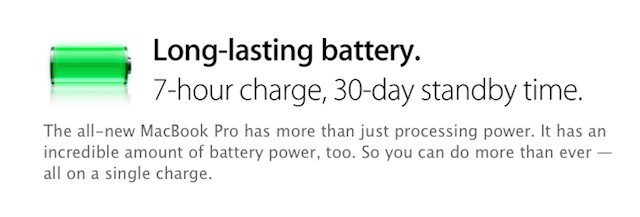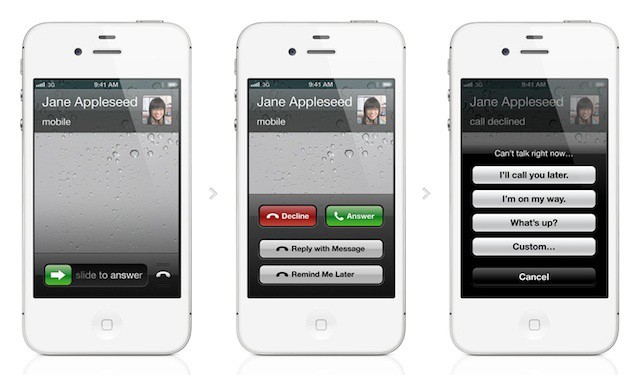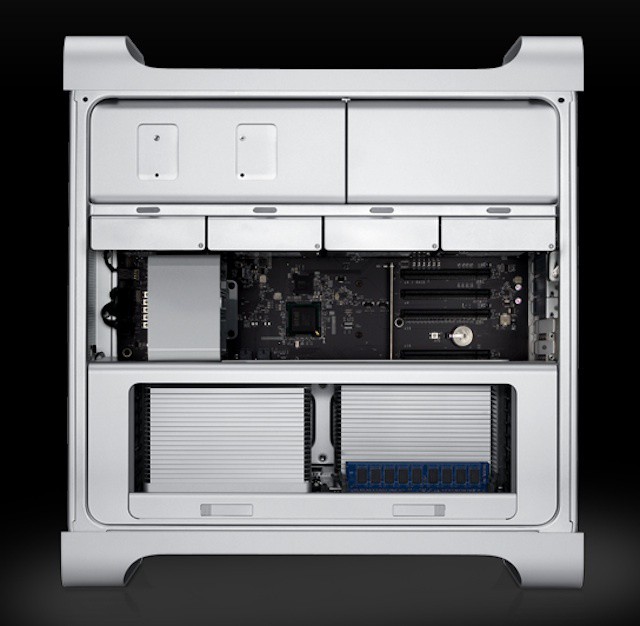Cloud storage accounts for just 7% of our digital content according to Gartner the industry research firm. Given the ubiquity of cloud services and their ability to sync personal data, photos, documents, and just about everything else with our iPhone, iPads, Mac, PCs, and other devices, that number may sound a bit small. After all, the range of content that iCloud is capable of syncing in Lion and iOS 5 isn’t exactly minor.
Gartner also predicts that the percentage of the average user’s digital property will grow to more than five times that by 2016. At that point, the firm sees most users store more that a third (36%) of their digital content in various clouds. That news isn’t exactly surprising for Apple customers. Apple is making a major push for seamless iCloud integration in Mountain Lion and iOS 6. That said, the firm’s report digital storage does have a few surprises in it. In some ways the report shows that Apple is leading rather than following the personal cloud industry.

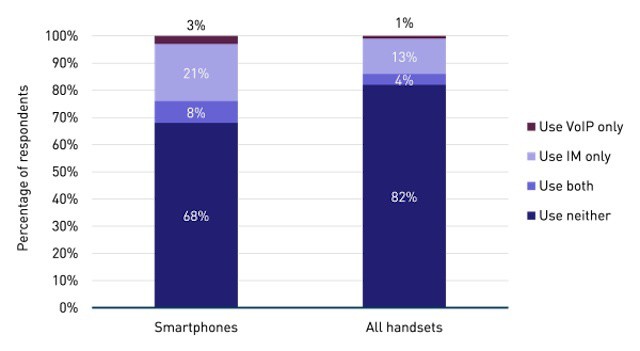



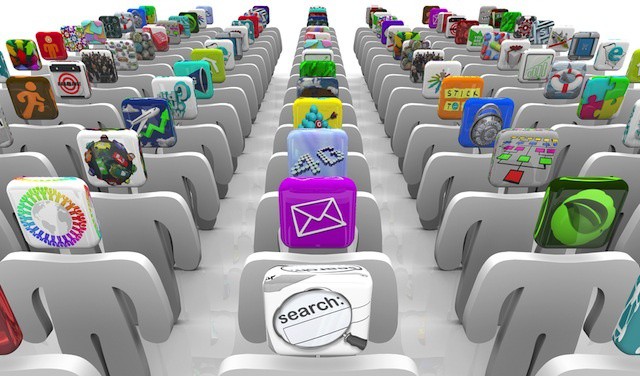
![How The iPad & Microsoft Surface Expose IT’s Dirtiest Secret [Feature] Arguing the iPad can't access legacy IT systems often means IT is ignoring much bigger problems](https://www.cultofmac.com/wp-content/uploads/2012/06/suit-ipad.jpg)

